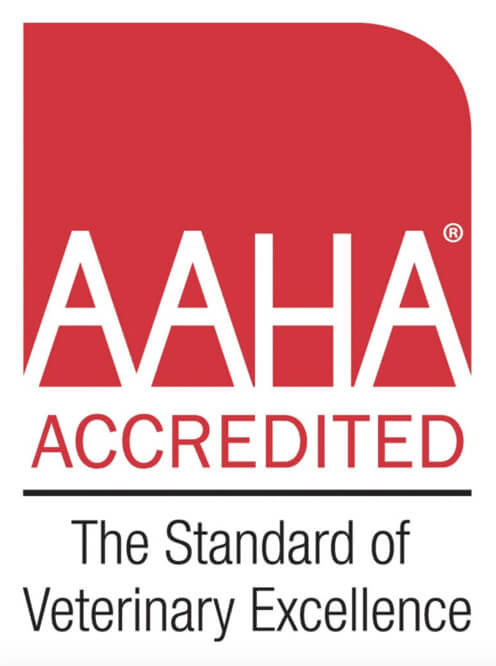As the holiday season quickly approaches, increased access to fatty foods means our clinic sees a sharp rise in cats and dogs with pancreatitis, a condition in which the pancreas becomes inflamed. A vital organ that lies on the right side of the abdomen adjacent to the stomach, your pet’s pancreas produces enzymes to assist in food digestion and hormones such as insulin, which regulates blood sugar or glucose metabolism.
Before giving your pet those pieces of turkey skin or innards for which they are so desperately begging, remember that pancreatitis has no age, sex, or breed predisposition. The inflammation it causes allows digestive enzymes from the pancreas to spill into the abdominal cavity, resulting in secondary damage to the liver, bile ducts, gallbladder, and intestines and requiring urgent care.
Dr. Brown, Medical Director at Harmony Veterinary Medicine, explains, “In pancreatitis, digestive enzymes are activated before they reach the small intestine. Think of this as if a time-release capsule suddenly bursts before it reaches its intended target; in this case, the pancreatic enzymes start to digest before they should. This results in digestion of the pancreas itself. The clinical signs of pancreatitis are often variable, and the intensity of the disease will depend on the amount of enzymes that were prematurely activated.”
Eliminate Fatty Treats
While in some cases, pancreatitis appears to occur spontaneously, it is often triggered by a fatty meal. The most common clinical signs include nausea, vomiting, fever, lethargy, abdominal pain, diarrhea, and decreased appetite. During an attack, dogs may take a ‘praying position’, with their rear end up in the air while their front legs and head are lowered onto the floor. If the attack is severe, acute shock, severe depression, and even death may occur.
Successful management of pancreatitis will depend on early diagnosis and prompt medical care. With mild, edematous pancreatitis, the treatment is supportive, by ‘resting’ the pancreas and allowing the body to heal itself. Pets who are vomiting should be fasted until the vomiting subsides. Food can be withheld from patients for a few days if needed. Dogs or cats who are not vomiting may be fed a low fat, highly digestible diet during recovery.
Analgesics will be given to control the intense pain and intravenous fluids will be given to maintain normal fluid and electrolyte balance. Many cases will also require anti-inflammatory drugs or medications to control vomiting or diarrhea. Antibiotics will be administered if concurrent infection is suspected.
Seek Immediate Help
Most pets with pancreatitis are hospitalized for two to four days while intravenous fluids and medications are administered and food is gradually re-introduced. With severe hemorrhagic pancreatitis, or if the pet is showing signs of systemic shock, intensive care using aggressive doses of intravenous fluids and medications counteracts the shock.
“Dogs and cats that present with shock and depression have a very guarded prognosis,” shares Dr. Brown. “However, most of the mild forms of pancreatitis have a good prognosis with aggressive treatment. Pets that are not treated may progress to the hemorrhagic form and suffer severe consequences, including sudden death.”
Most dogs and cats recover without any long-term consequences. However, a few that recover from an acute episode of pancreatitis may continue to have recurrent bouts of the disease, which is then called chronic or relapsing pancreatitis and may result in additional complications. Avoid the vet this holiday season by keeping your pet’s diet as close to normal as possible and avoiding fatty treats.
Originally published in November 2021.

